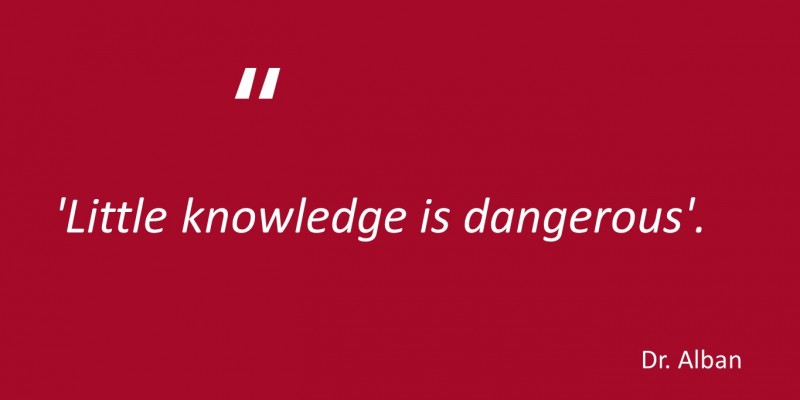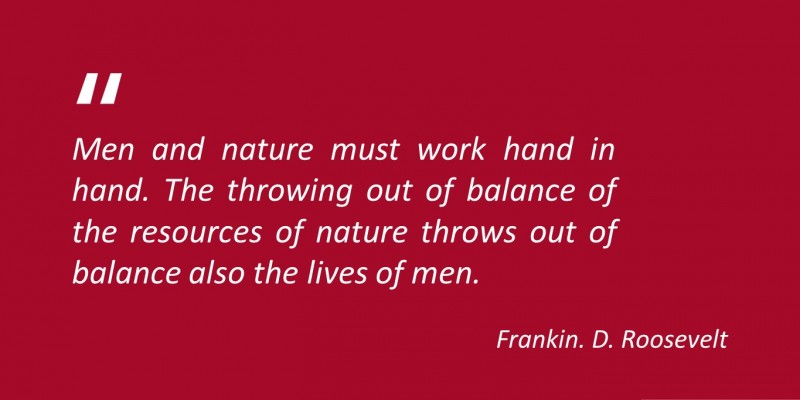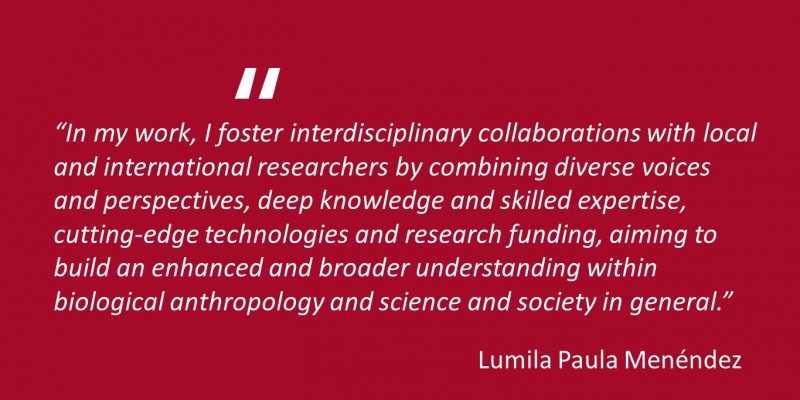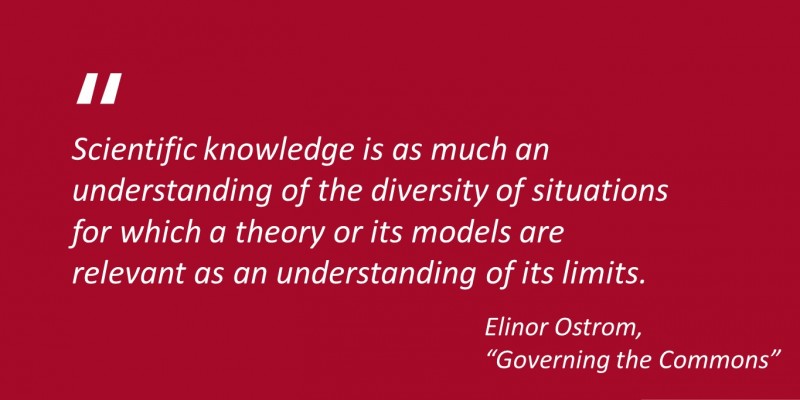News Details

On November 10th, we hosted an internal mini-symposium of four minute flash/blitz presentations to introduce our fellows to each other. However, instead of the usual presentation and Q&A format, Guido Caniglia, our scientific director, developed a new method to foster genuine engagements and camaraderie.
The main problem with the usual format is that it's hard to pay attention to others when we're mentally preparing for our own presentations (sometimes quite anxiously). As a result, we tend to shut out the talks right before us. In a blitz, that would be a lot of people!
To mitigate this tendency in a gathering meant to foster mutual understanding/collaborations, Guido created a format that allows us to listen and think. After each talk, we will sit together for a few quiet moments to actively write the speaker an email of appreciation. These are quick emails that highlight points of resonation, connection, and possible collaboration. Ideally, these are emails that open up to further informal conversations.
To start the meeting, Guido invited us to take a deep breath " to collectively arrive" in a moment of meditative silence. This allowed us to quietly adjust to the fact that, with zoom meetings early in the morning, many of us probably just climbed out of our beds.
While we don't have access to the wonderful synergies that arose from the follow-up conversations, we invite you to connect potential dots by taking a look at the profiles of our current fellows. Communications officer Lynn Chiu asked some of them to share their favorite mottos, quotes, or the visions that drive their work. Enjoy!
Orsolya Bajer-Molnár

Christian Dorninger
Christian has a background in social ecology and ecological economics. He is using quantitative methods and data to integrate with theory and concepts describing human-nature interactions across time and space with a particular focus on sustainability-related issues.

Nicole Grunstra
Nicole is an evolutionary anthropologist with a strong interest in evolutionary morphology. Currently, she is researching pelvic evolution in humans and other mammals (e.g primates and bats), but her research interests also include primate cranial and dental evolution and macroevolutionary patterns of skeletal and life history variation across tetrapods (land vertebrates).

Alice Laciny
Alice is a former PhD student at the Department of Theoretical Biology at the University of Vienna and in early 2019 completed my thesis in the course of the WWTF project “Voluntary self-sacrifice in exploding ants: a mechanism to defend coevolved microbiomes?” at the Vienna Natural History Museum. An entomologist “by birth”, She has been fascinated by insects from an early age and became president of the Austrian Entomologists' Association in 2017, where her responsibilities include science outreach and editorial work. Her postdoctoral research now focusses on the influence of parasites on the morphology of ant hosts, combining elements of taxonomy, morphology, parasitology and history of science within an EcoEvoDevo framework. Her current project at the KLI explores the body of literature on this topic and highlights the overlapping aspects of ecology, evolution and development therein.

Ashley Lewis
Ashley is a PhD student at the University of Nottingham studying interdisciplinarity in practice across the natural and social sciences. She is a science and technology studies researcher using ethnographic methods and interested in discourse analysis, urban sustainability and reflexivity in research.
Ashley: I'm interested in Buddhism and lived with a Zen Buddhist for a few years and she introduced me to Pema Chödrön, a Buddist nun based in the US. Here is a quote from here on the illusion of 'resolution': 
Lumila Paula Menéndez
Lumila is a biological anthropologist (University of La Plata, Argentina) focused on studying human evolution and biocultural diversity in the Americas. More broadly, her scientific interests are concentrated in biological and cultural evolution, evolutionary biology, and prehistory. She acquired expertise ranging from the use of several morphometric and statistical methods to register and quantify anatomical variation, model-bound and model-free methods for testing the role of stochastic and non-stochastic factors, to dental health and bite force estimations, as well as the use of stable isotopes for discussing prehistoric dietary and mobility patterns. She currently leads a project (https://gepris.dfg.de/gepris/projekt/415489479) aiming at evaluating which evolutionary processes and ecological factors shaped the morphological diversification of humans in the Americas.

Anna Sundermann
Anna is a research fellow at the Konrad Lorenz Institute for Evolutionary and Cognitive Research in Klosterneuburg and a PhD candidate at the UNESCO Chair for Higher Education for Sustainable Development at Leuphana University in Lüneburg (Germany). From 2013 to 2020 she worked as a research assistant in various projects at the Institute for Environmental and Sustainability Communication at the Leuphana University in Lüneburg (Germany). In her doctoral thesis the psychologist deals with sustainability-related learning processes of students in higher education to find out whether the current integrating sustainability in higher education enables students and motivates people to participate in social change. In her further research activities for the SuCo2 working group at Leuphana University, she looked into innovative teaching approaches, such as mindfulness practices or storytelling in order to make them friutful for higher education for sustainable development.

Marco Vianna Franco
Marco is a post-doc fellow at the Konrad Lorenz Institute for Evolution and Cognition Research (Klosterneuburg, Austria) and researcher in applied sciences and public policies at Fundação João Pinheiro (Belo Horizonte, Brazil). He holds a PhD in economics from Cedeplar/UFMG (Belo Horizonte, Brazil). Interested in human-nature relations from the perspectives of political economy, intellectual history, and philosophy of science. Currently working on the history and philosophy of ecological economic thought.

Jacob Weger
Jacob is an environmental and cultural anthropologist studying the multi-level governance of climate change adaptation in developing countries, particularly Vietnam. His dissertation investigates the politics of knowledge and translation involved in the transfer of Dutch delta planning expertise to the Mekong Delta, and its implications for trajectories of socio-ecological change. The project is based on multi-sited ethnographic fieldwork carried out in the Netherlands and Vietnam, and draws on perspectives from political ecology, science & technology studies, environmental history, and sustainability science.
Written by KLI Communications Officer Lynn Chiu

